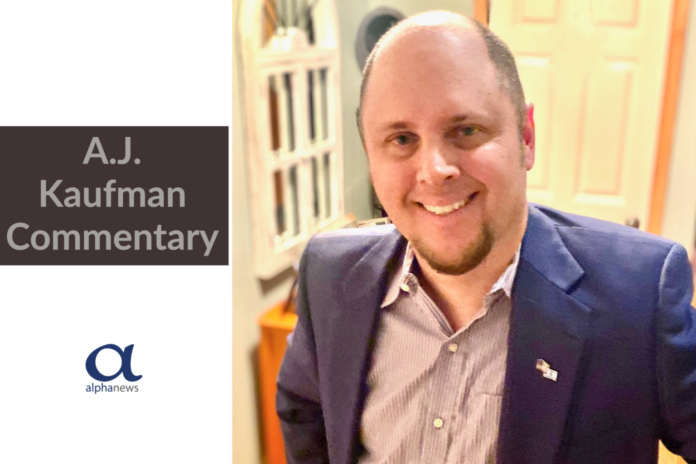We’ve absorbed the Wuhan coronavirus for about three months, and though no definite end is in sight — thanks in part to the illness being exacerbated by a lack of social distancing from looters and rioters — we know that’ll occur someday.
Though the world has endured many, many global viruses, when this pandemic ends, our country will change in numerous ways, short and long-term.
Let’s look at some possibilities for our “new normal”:
- Fewer Americans will travel by plane. While 2020 summer travel will be down overall, road trips remain a great option. America has the most diverse and beautiful terrain on earth, accessible via the best roads. Vehicle travel is fun, cheap and broadens your horizons. Many people will, at least temporarily, also avoid public transportation, like buses, trains, subways and ride-sharing companies.
- The exodus from large cities will continue as Americans, especially families, move to suburbs, exurbs and rural areas. My wife and I did so a decade ago for more freedom, space and, considering recent harrowing events, safety. Country living will rise when compared to residing in overcrowded places like New York City and San Francisco. Only the richest and most penurious, for different reasons, will remain in dangerous, poorly-run locales.
- While legacy media wont disappear, they’re irresponsible, overwhelmingly loathed and people have better alternatives — Internet, talk radio, your local newspaper and podcasts. The media’s credibility and tolerance is low as ever and, more tellingly, they’re less self-reflective, more biased and puerile than any time. If President Trump leaves office in January, it’ll hasten the demise, since the press often takes a vacation when a Democrat occupies the Oval Office.
- I hope this won’t be the case, yet it’s logical that organized religion — not faith in general but physical attendance — will attenuate. It will come back, but in the near term, fewer people will go to public religious services due to social distancing concerns and, sadly, outright hostility. Charity, however, may go up, since most Americans report they’re happy.
As Michael Brendan Dougherty noted in a poignant article on generosity, “We aren’t a nation that is divided into two distinct camps. Looking more closely, you see a relatively united nation of people struggling in goodwill between two valid impulses and a lack of evidence about how to navigate them.”
- “Wokeness” will recede, I hope. Serious times don’t lend to nonsense like this excruciatingly-myopic cult. While most Americans know this, someone should inform a virtue-signaling dummkopf like Kamala Harris that coronavirus doesn’t care about race, gender or sexual orientation; like fulminating “social justice warriors”, it cares only about itself.
- Restaurants, theaters, concerts and sporting events will continue taking a major hit. Sadly, this hurts hard-working Americans in the industry, though the millionaires can survive; most already rescheduled their shows. Entertainers and sportsmen, who behaved boorishly in recent weeks, may soon realize much of the public doesn’t miss them.
- Friendships will change. Think about with whom you communicated most during the pandemic; those people will solidify their place in your life. The others, who haven’t checked in with you? Probably kiss them goodbye. On the positive side, many families have grown closer recently, enjoying “old-fashioned” activities like board games, cooking meals together and neighborhood walks.
Many other topics, like work (brick-and-mortar jobs transitioning to home for some, though others may relish the idea of office liberation from a spouse and kids); schooling (public education and bloated universities hurt the most); understanding the ineptitude and hypocrisy of big government; and augmented appreciation for service workers and health care providers should also evolve.
For now though, as summer commences, we continue a feeling of stagnation and understandable frustration at inconsistent government edicts. The COVID-19 plague disrupted our lives, and as we reopen and the economy rebounds, the overarching story remains similar. Fully eradicating the disease and getting back to “normal” still feels like an abstraction; even with a modicum of success, that resolution isn’t getting closer in any palpable way.
A.J. Kaufman
A.J. Kaufman is an Alpha News columnist. His work has appeared in the Baltimore Sun, Florida Sun-Sentinel, Indianapolis Star, Israel National News, Orange County Register, St. Cloud Times, Star-Tribune, and across AIM Media Midwest and the Internet. Kaufman previously worked as a school teacher and military historian.

















